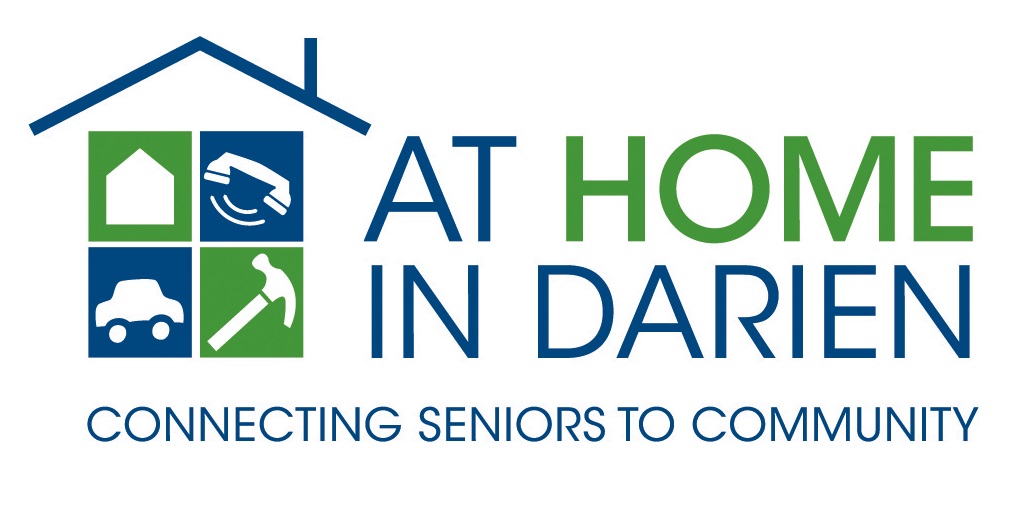Most Americans encounter some form of fraud during their lifetime, but senior citizens are particularly susceptible. Older generations tend to be more polite and trusting and since they possess the majority of American assets, they are often a lucrative target for criminals.
It’s important to become familiar with some of the more common types of scams, as well as some simple steps you can take to help protect yourself.
Scams come in a variety of shapes and forms – on the phone, at your door and online – with claims of:
- representing a company you’ve done business with in the past, offering a refund for services previously rendered through a direct deposit… in exchange for your banking details.
- being a government official or from the IRS, threatening to take away benefits, arrest you, or file a lawsuit, if an immediate payment isn’t made.
- needing remote access to your personal computer in order to fix a problem they’re experiencing, with the aim of stealing personal information, or installing software to access banking information.
- pretending to be your grandchild who is on vacation and has gotten in trouble with the law. They elicit your sympathy and ask to have money sent directly to the account of a lawyer to help them out of the situation and to safely return home.
- calling from a delivery service and a uniformed courier arrives with a basket of flowers and wine. Because the gift contains alcohol, there is a small delivery charge that provides proof that the package was delivered to an adult, and payment is by credit or debit card only. Your card is swiped on a small mobile card machine. A PIN may be requested and a receipt may even be printed out. They now have all your card details.
- asking for your social security number or payment for a new Medicare card.
The truth is, fraud can come in every imaginable form, which makes it almost hopeless to try and remember or imagine every possibility. If you’d like to learn about additional scenarios you can find them online at https://www.consumer.ftc.gov/scam-alerts
In general, beware of:
- Travel packages – “Free” or “low-cost” vacations can end up costing a fortune in hidden costs.
- Credit and loans – Popular schemes include advance fee loans, payday loans and credit card loss protection.
- Fake business and investment opportunities – As business and investing can be complicated, scammers take advantage of people not researching the investment.
- Charitable causes – Many phone scams involve urgent requests for recent disaster relief efforts.
- Banking scams – Involve false checks, automatic withdrawals from your account that you didn’t approve, or email messages asking you to verify bank account numbers or give PIN numbers.
Fortunately, there are several steps you can take to help ensure that no matter what form a scam may take, you won’t make the mistake of falling prey to them, and meet financial ruin in the process.
Avoiding Scams
The one thing that nearly all these scams have in common is that the perpetrator attempts to collect personal information, or to pressure you into making an immediate payment. You can almost immediately spot a scam by the way in which payment is sought. This is because scammers prefer non-traceable, non-refundable payments, including money orders, cashier’s checks, or pre-paid debit cards.
An experienced con artist can take seemingly harmless personal information and use it as a gateway to access more valuable data, or even steal one’s identity. You may know that it’s a bad idea to provide banking information to anyone you didn’t call or solicit directly, but this applies equally to other personal information, including your mother’s maiden name, the name of your pets, or even your birthday.
If a stranger does inquire about that information, it’s a good idea to be skeptical and cautious. Begin by asking for names, addresses, phone numbers, or any other information that can help establish the truth of who the person making the request is.
Creating a Safety Net
A good place to begin safeguarding yourself is to sign up for the FCC Do-Not-Call registry. This can be done over the phone (888-382-1222) or online at DoNotCall.gov. Telemarketers who call those who are registered can be severely penalized, which means that telemarketers who do call are far more likely to be scammers.
Be sure to install the latest operating system and anti-virus protection on any electronic devices that you use. Older software and out-of-date antivirus programs are vulnerable to a variety of security issues, many of which can cause the security of your computer or electronic device to be compromised.
Fight Back!
If you’re a victim of fraud, you should report it. The AARP has found that three quarters of people over the age of 55 don’t report fraud, possibly due to the embarrassment of having been duped. These issues are common and no one should be embarrassed to come forward should they fall prey to a scam.
If you believe you have been a victim of a telephone scam or telemarketing fraud, you can file a complaint with the Federal Trade Commission (FTC) by phone at 1-877-382-4357.
The toll-free national fraud hotline is available at 1-855-303-9470 during business hours, Eastern Standard Time.
For more information see the official website of the Unites States government.
